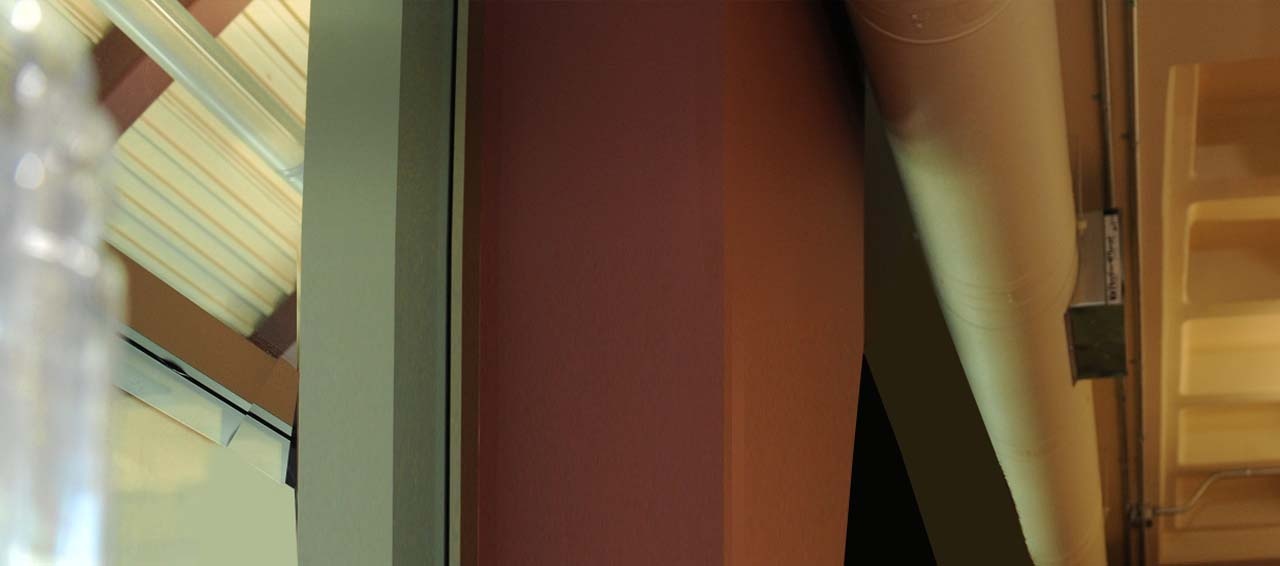The Food Science Program requires a minimum of four graduate level courses for master's programs while four additional course credits are required for PhD candidates who have already completed a Master's program. One senior level undergraduate course may be counted toward the Master's degree provided the course standing is at least a 'B' grade.
The courses required for the degree may vary from student to student according to the student's academic background. Students whose background is considered to be deficient in one or more undergraduate courses would be required to successfully complete such courses with a minimum of a 'B' average.
In certain instances, students may be required to complete an entire "makeup" year of undergraduate courses. These courses would be selected by the student's supervisor and the graduate student advisor. Students will not receive stipends while taking an entire makeup year of undergraduate courses. Only in unusual circumstances will a student take the minimum number of courses.
It is expected that most students will be advised by the graduate student advisor, thesis supervisor, and thesis committee on the selection and numbers of courses to be taken for the completion of the degree.
It is expected that most of the course work can be completed within the first academic year. This arrangement leaves a Master's student with two or three terms to complete the research project.
Thesis requirements
The thesis project is initiated by the completion of a research proposal. The proposal is typewritten and submitted to the supervisor prior to starting the research. The proposal should include an introduction, literature review and definition of the problem. A description of the materials and methods as well as a tentative timetable for completion of the various stages of the project should also be included.
The thesis guiding committee, selected by the supervisor will meet with the student and discuss the proposal and the project before the student carries out the research.
The thesis guiding committee may meet several times throughout the project to discuss the student's progress. Upon completion of the project to the satisfaction of the guiding committee, the student will prepare the thesis and defend its contents during an oral examination.
